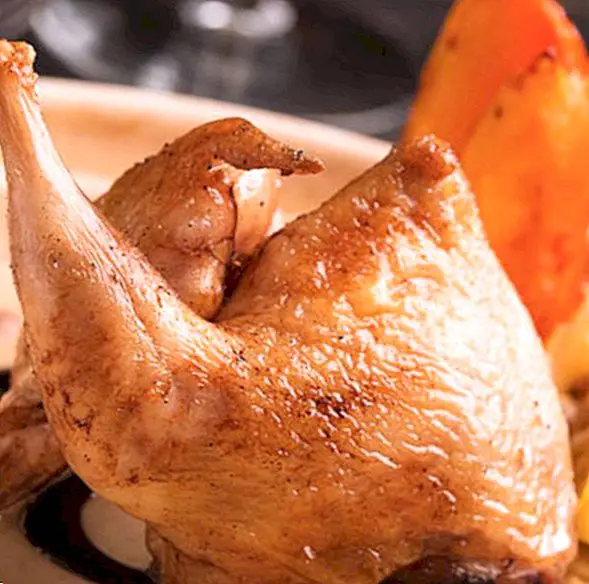Germinated: what are they, benefits and properties
 It is known that germinated are foods able to maintain most of their Benefits Y properties, mainly because they are not altered by the usual processes of industrial preparation of most of the products we currently consume.
It is known that germinated are foods able to maintain most of their Benefits Y properties, mainly because they are not altered by the usual processes of industrial preparation of most of the products we currently consume.
Not in vain, can they become healthy and ideal allies within a balance diet, and above all, within a healthy food.
In this sense, during the germination process, a chemical modification is carried out in the plant, which is beneficial because it increases the concentration of its components.
What are sprouts?
Sprouts can become a very interesting nutritious option within a healthy and balanced diet, since they provide us with a huge variety of essential nutrients for our body.
Not in vain, among the nutritional benefits of sprouts Most interesting, especially highlights its richness in vitamins (such as A, C, D, E, K, U and B vitamins, such as B1, B2, B3 and B6), as well as minerals (silica, calcium, iron or manganese).
For this reason, benefits of sprouts make them a great option when it comes to promote the regeneration of both our digestive system and blood circulation, in addition to its interesting Energy supply.
In short, what are the sprouts?
Sprouts are the foods obtained from germinating the seeds, which contain the embryo (a small plant in an embryonic state that is the food reserve contained in the seed).
And what is germinate? Let the vegetable begin to develop from the seed.
How is germination?
Germination is carried out when the inactive growth enzymes are activated, which usually occurs when moisture or heat is supplied to the seeds.

It can be done naturally or forcedly. When a forced germination, they submit to the seeds to conditions identical to those that would exist in nature so that they can germinate more quickly.
If you are interested in practicing germination of seeds in your home, we advise you to know how to make sprouts at home.
What foods can be sprouted?
Virtually all seeds can be subjected to a germination process.
Of course, it is not advisable to germinate the seeds of plants that are toxic.
We indicate below what are the best seeds to be germinated: beans, rice, oats, squash, chickpeas, peas, lentils, corn, turnip, soybeans and wheat.
Benefits of sprouts
- Rich in essential nutrients, especially in vitamins (highlight A, C, D, E, K, U, B1, B2, B3 and B6), and minerals such as silica, calcium, iron or manganese.
- Useful when promoting the regeneration of the digestive system, as well as the blood circulation itself.
- They prevent the appearance of digestive problems.
- They provide vitality to the organism.
- They help to combat general fatigue.
Nutritional information of the sprouts
Nutritional composition of the sprouts per 100 grams | ||||||||||||||||||||||||||||||||||||||||||||||||||||||||||||||||||||||||||||||||||||||||||||
|


